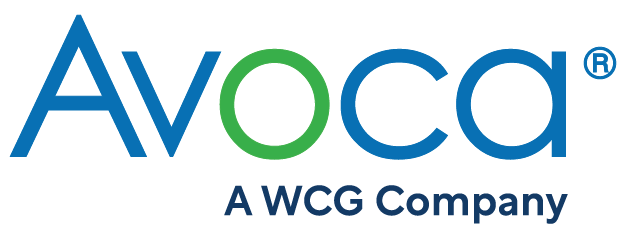Article: Ask the Experts – Keeping Up with ICH E6 Changes
June 15, 2020 – CenterWatch
 With the International Council on Harmonization (ICH) poised to begin work on another revision to its good clinical practice (GCP) guideline, ICH E6, sites and sponsors have questions about what they can expect from upcoming changes while they still are struggling to interpret requirements placed on them by the previous 2016 revision. Speakers at two recent CenterWatch webinars provided some insight. Marina Malikova is executive director of surgical translational research, operations and compliance at Boston University School of Medicine, and Steve Whittaker is a senior consultant at The Avoca Group.
With the International Council on Harmonization (ICH) poised to begin work on another revision to its good clinical practice (GCP) guideline, ICH E6, sites and sponsors have questions about what they can expect from upcoming changes while they still are struggling to interpret requirements placed on them by the previous 2016 revision. Speakers at two recent CenterWatch webinars provided some insight. Marina Malikova is executive director of surgical translational research, operations and compliance at Boston University School of Medicine, and Steve Whittaker is a senior consultant at The Avoca Group.
Question: If we still use paper case report forms (CRF), does ICH E6 require that our site’s copies of CRFs need to be certified?
Malikova: The CRF has to be a certified copy to maintain integrity of the data. Medical assessments in the CRF must be signed by the investigator or designated co-investigator. A validated electronic system ensures signatures are accurate and original even when multiple copies are produced, but paper copies can be altered. Therefore, documents contained in CRFs must be certified as complete reproductions of the original.
Question: In terms of documenting ancillary staff qualifications, if a hospital lab is used to draw and/or process samples, do the qualifications of all personnel need to be documented or is it sufficient to have a blanket note from the lab manager or director that all staff are qualified to perform their tasks?
Malikova: You only need a manager to sign the delegation log on behalf of the lab. But each person who will be touching the samples or performing analysis needs to be specifically trained for the task, and training records must include a log with signatures of everyone who attended the training session.
The facility manager also needs to be involved because he or she has the responsibility to notify the site about personnel changes and retraining.
Question: Should we expect GCP amendments in the near future?
Malikova: Certainly. I think it’s just the beginning. ICH is already thinking about revision 3 because there are more specific areas that it would like to address or elaborate on existing ones. I would imagine that with the pandemic, what would be affected most is virtual conduct of the studies. And we don’t have regulations on electronic consent or virtual consent, for example, or how we will conduct clinical trials in a situation when the sponsor or the monitor cannot get to the site. I’m sure the pandemic will drive some regulations as we go on.
Question: Given that regulators tend to be precedent-driven, is it realistic to assume they will be effective at accepting and incorporating novel technologies? Will the slow process of regulation be able to keep up with developments?
Whittaker: I think this is exactly what we’re seeing, with ICH E6(R3) coming along so rapidly after E6(R2). The regulators and, I think, the leaders within the regulatory bodies now recognize that historical, precedent-driven, slow, languishing approach, and they are adapting. So I think if we as the industry do not adapt and become more a part of an integrated process of collaborating with them, we will miss the opportunity to enable them to step forward and to be proactive in their thinking and to actually detect which of those technologies will have the greatest impact for patients and for data interpretability.
Question: How can we as an industry be more involved in the process of developing guidelines?
Whittaker: As the voice of the industry, we can contribute real experiences and implementations. I think we within The Avoca Group, because of our cooperative efforts as a consortium, are looking to see if there are ways that we can create a unified voice from the industry and bring that together to have a greater face time with the regulators.
Beyond that, there is the historical approach. Regulators will always publish draft versions of the guidances and allow individual companies or individuals to respond to them. Again, I think even those individual responses run the risk that regulators see multitudes of various responses, and they don’t see a unified response from the industry. So, the more that we can come together through collaborative effort to give unified responses, I think that will be to everybody’s benefit.
Question: How can sites get involved in efforts to revise ICH E6 when so much of it is sponsor-driven?
Whittaker: We do encourage the sites to have a voice, to be able to begin to engage in the collaborative inputs and the implications these technologies and innovative approaches have for them and for the patients.
_______________________________
ICH E6(R3): How to prepare when you’re still struggling to adopt ICH E6(R2)
_______________________________
